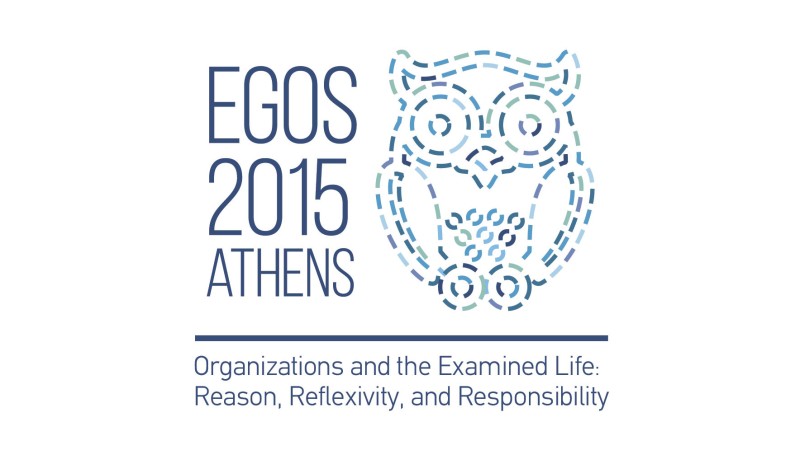Sub-theme 49: Organizing Organizations: Dynamics and Variation
Call for Papers
Organizations cooperate in many ways. Their cooperative efforts may be more or less durable and more or less formalized.
Organizations initiate common projects, they form joint ventures, and they create partnerships and alliances. Sometimes they
go as far as to assemble in a new formal organization with themselves as members, a meta-organization. The number of meta-organizations
is increasing rapidly, not least on the trans- and international levels and in a number of societal sectors such as the economy,
sports and international politics. In this track we put particular emphasis on two interrelated aspects: the dynamics of processes
of organizing organizations and variation among various forms of organizations of organizations.
Many existing
organizations of organizations have started as networks but later developed into organized structures including one or several
elements of organization such as membership, rules, monitoring, sanctions and even hierarchy. We are interested in what triggers
the development to more organization, in what drivers and obstacles for introducing specific elements exist and in possible
patterns in the trajectory of organizing. And why do organizations sometimes avoid too much organization?
We
are also interested in processes of "de-organization" by which organizational elements become weaker, and by which meta-organizations
and other advanced forms of common organization lose relevance or even dissolve. Contributions in this area could describe
more or less successful attempts at organizing as well as the development of specific organizations over time.
All organizations of organizations are facing challenges of coordination that go well beyond the standard form of formal organization.
However, given that these organizations come in widely differing shapes and sizes, we also expect significant variation in
the coordination problem. For example, we would expect the 'Star Alliance' comprising a limited number of airline companies
to have it somewhat easier to coordinate its members than the European Union trying to coordinate its member states. Why?
What is the exact nature of the coordination problem in each case? How does the magnitude of the challenge vary across different
cases? How can these differences be explained? To what extent do they reflect different phases of development and to what
extent do they reflect other differences such as different purposes, different membership or different environments?
Theoretical as well as empirical papers are welcome to this sub-theme. We will explore the possibility of a common
publication based on selected papers.


